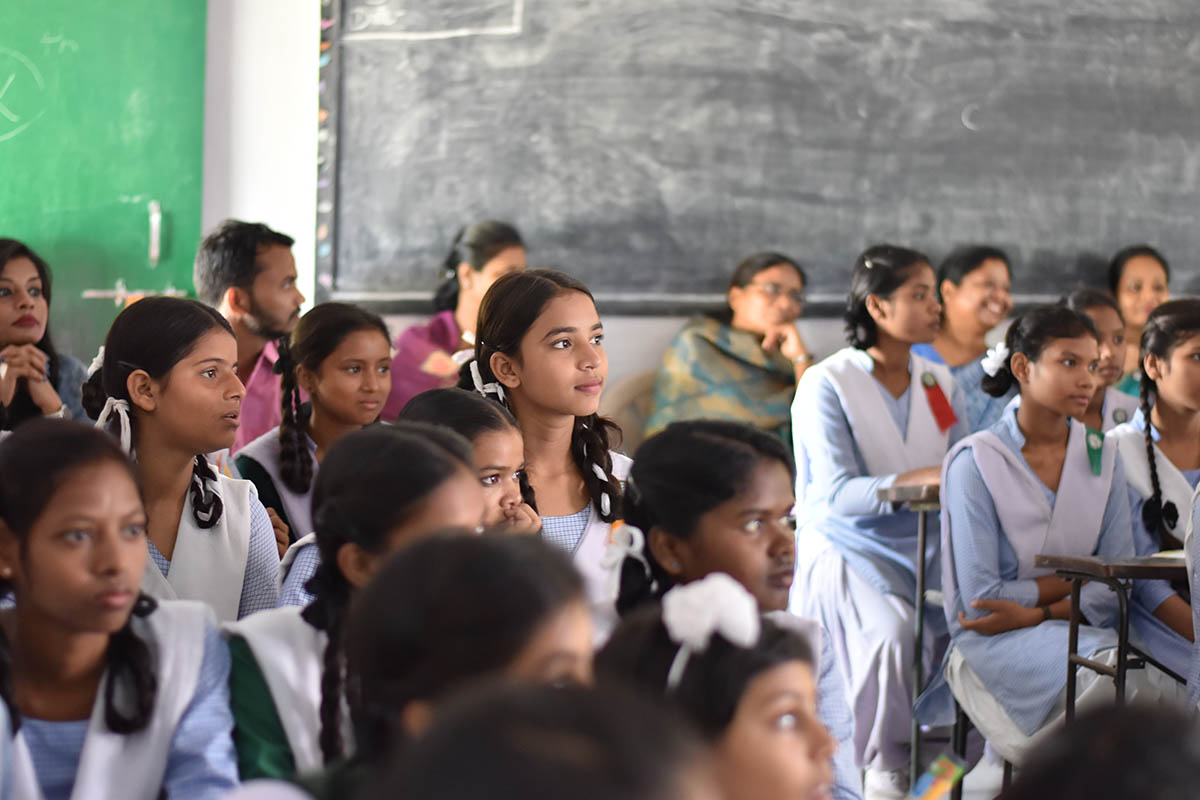
One in three girls in sub-Saharan Africa doesn’t complete primary school, revealing the ongoing issue of gender inequality in education worldwide
By Staff writer
Despite progress, many girls are still being failed by education systems around the world, a new report from the Centre for Global Development reveals.
Women’s access to education has dramatically increased in recent decades, with improvements in every low- and middle-income country. Between 1995 and 2020, the proportion of girls completing lower-secondary school jumped from half to three-quarters. Yet many still lack access to even the most basic education. In Afghanistan, girls continue to be denied any access to secondary school education, despite assurance from the Taliban earlier this year that schools would reopen. The sudden U-turn on the decision in March has been condemned internationally.
Gender inequality in education is clearly visible in other regions. More than one in four girls in sub-Saharan Africa are illiterate and one in three doesn’t complete primary school, whereas in South Asia, that number drops to one in 14. Even small percentages can mask very high numbers; 96 per cent of Indian girls complete primary school, but that still leaves 4.6 million girls who don’t.
Other disparities between girls’ and boys’ education can be see in the subjects being taught, such as maths, in which girls often get much lower marks despite out-performing boys at school overall. A more recent study by the University of Bath also revealed that an insistence to teach in English across many schools in Sub-Saharan Africa is also causing girls to struggle unnecessarily, since English is often not practiced outside of schools and many children lack basic skills in the language. Dr Lizzi Milligan, lead researcher at the University of Bath’s Department of Education, says: ‘Despite girls’ education generally being high on the agenda for policymakers, this specific issue has received very little attention… If we really want to make progress in increasing educational attainment, we need to urgently look at this issue.’




